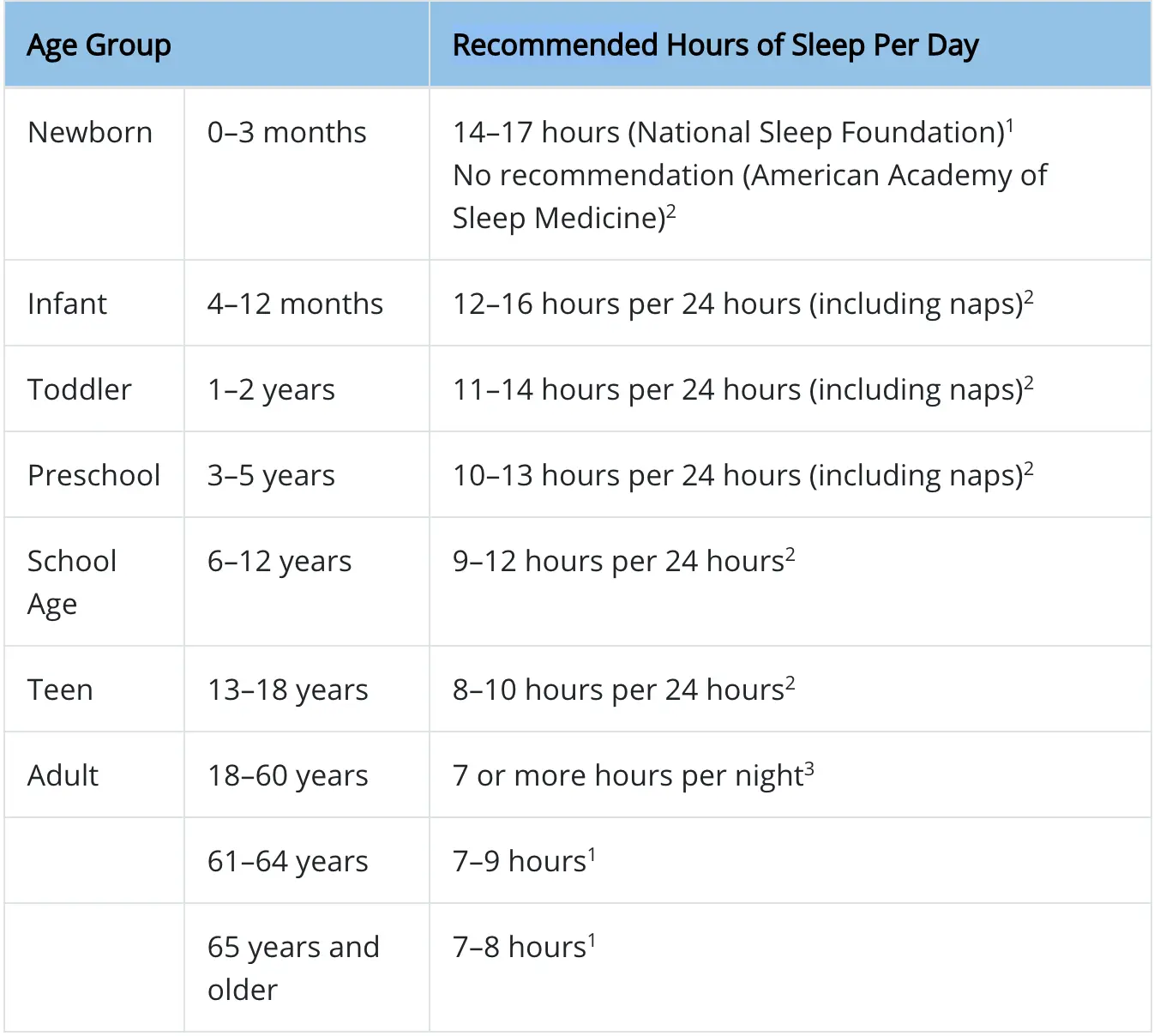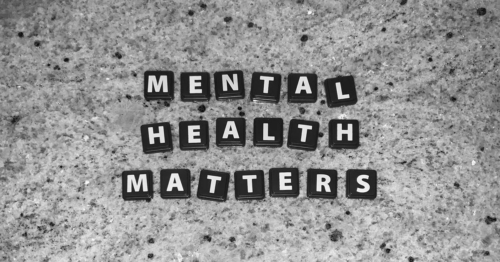
Table of Contents
Why is Sleep So Important?
Written By: Charlie Health Editorial Team
November 25, 2020
4 min.
Sleep is an essential component of our physical and mental health that allows our bodies to rest and recharge. A healthy sleep schedule can be challenging while juggling the responsibilities and pressures of the day. Nonetheless, it is critical to prioritize how and when you sleep in order to improve the quality of your mood and the productivity of your day.
Learn more about our Clinical Review Process
Table of Contents
What are the stages of sleep?
But what exactly is going on when you sleep? Sleep cycles are divided into four stages. The first three stages are known as non-rapid eye movement (NREM) sleep, and the final stage is known as rapid eye movement (REM) sleep. During the first and fastest stage of NREM sleep, the body transitions from being awake to being asleep as muscles relax, breathing slows, and heart rate decreases. The second stage of NREM sleep is the longest–-muscles become even more relaxed, body temperature decreases, and eye movement stops. The third stage of NREM sleep is when the body reaches its most relaxed state. This third stage is key to making sure you feel refreshed when you wake up. The final stage of sleep is known as REM sleep, which is when blood rate, heart rate, and breathing will begin to speed up again. This is also usually when dreaming occurs.
The four stages of sleep, lasting for approximately 90-120 minutes each, cycle throughout the night. Sleep cycles and their duration can vary from person to person, and there are many studies that dive deeper into the specifics of each cycle. If your body isn’t able to cycle through each of these stages throughout the night (which requires a sufficient amount of hours spent sleeping), everything from your hormones to your motor functions can be negatively impacted. In this way, sleep and mental health are intimately connected because sleep serves as a keystone for optimized brain functioning.
Do you need more support with
your mental health?
Charlie Health can help.
How much sleep do people need?
The amount of sleep each person needs can vary based on multiple factors. A primary indicator of how much sleep a person needs is their age. Younger individuals tend to require more sleep than adults.
According to the CDC, the below table outlines the appropriate amount of sleep needed for each age group:

Why is sleep so important?
1. Improve your concentration and productivity
2. Poor sleep is associated with depression, and can exacerbate the severity of mental health issues, including suicidal ideation
3. Sleep affects your emotions and ability to socialize
4. Sufficient sleep can influence the body’s ability to process emotional information, which can help buffer mood swings or decrease stress
5. Lack of sleep can cause a chemical imbalance in the brain, altering essential hormone production
6. Sleep supports the growth and development of the body, particularly in adolescents
How to improve the quality of your sleep
- Avoid caffeine or stimulants in the hours leading up to sleep
- Avoid heavy or large meals in the hours leading up to sleep
- Try to to bed and wake up at the same time everyday
- Only get in bed when it is time to sleep, allowing the bed to be a stimulus for sleep
- Avoid screen exposure (especially blue light) in the hours leading up to sleep
- Turn off notifications on your devices to avoid distractions or even try charging your phone in a separate room and switching to an analog alarm clock.
- Cooler temperatures and dark or dim lighting promote quality sleep
- Ensure your sleep space is quiet and calm
- Exercise during the day, avoiding strenuous activity in the hours leading up to sleep
- Take a warm bath or other relaxing activities before going to bed
- Naps can be a good way to reenergize throughout the day, but if you are struggling to sleep at night, try removing naps out of your daily routine
Poor sleep can be both a consequence and a cause of poor mental health. Maintaining inconsistent sleep schedules can exacerbate existing mental health disorders such as anxiety and depression. Conversely, these same mental health struggles can also cause serious sleep disturbances, creating a challenging cycle of adverse sleep.
While ongoing research continues to explore the effect of sleep on our mental health, studies show that mental health disorders can have negative consequences on sleep health (also known as sleep hygiene). It is estimated that 90% of youth who struggle with depression experience sleep problems. And more than half of all kids reportedly do not get enough sleep. It is important to prioritize your sleep and maintain healthy sleep habits, particularly when coping with physical or mental health challenges.
Contact Us
The relationship between sleep and mental health disorders can vary in severity and complexity. It’s important to talk with a mental health professional if you are struggling with a sleep disorder that is affecting your physical or mental wellbeing. Charlie Health’s team of expert clinicians is here to support teens and young adults in finding a personalized treatment program, all from the comfort of home.





